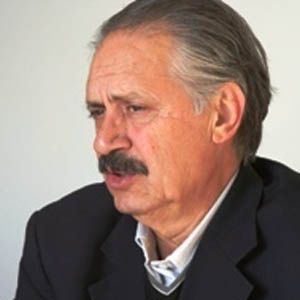West Asks for More

It seems that no matter what step Tehran takes –even if it is as substantial as the fuel exchange agreement it signed with Ankara and Brazil- Western countries, claiming their concerns over Iran’s nuclear program are not over, threaten Iran with a new round of sanctions. The declaration released by Tehran, Ankara and Brasilia last Monday (May 17, 2010) reads: “ (that) in order to facilitate the nuclear cooperation mentioned above, the Islamic Republic of Iran agrees to deposit 1200 kg of LEU in Turkey. While in Turkey, this LEU will continue to be the property of
Iran. Iran and the IAEA may station observers to monitor the safekeeping of
the LEU in Turkey.”
We can look at the trilateral agreement and its offshoot, the Tehran Declaration, from two angles. From an administration-oriented point of view, the government withdrew from its former stance –rejecting the West’s proposals and threatening to start high-uranium enrichment. From a nation-oriented point of view, the Tehran Declaration and agreement to deposit the low-enriched uranium stock in Turkey is an apt move. Another round of sanctions just means further suffering for Iranian citizens. The accumulated pressure would do no good—neither for the government nor for the people.
Thus, the government made the decision to compromise in the diplomatic arena. Although the threat of sanctions has not been completely lifted, Tehran has taken the initial steps towards a fuel swap on foreign territory, a proposal it had rejected up until then.
Despite the negative reaction of Western countries, the Tehran Declaration is a constructive step. It seems that through its rebuffing of the Tehran Agreement, the West is trying to extract further concessions from Tehran. The remarks expressed by the United States and key European actors are counter-productive, particularly when Tehran has stepped back from its formerly intransigent stance.
While the Iranians have insisted on continuing the enrichment process inside Iran, the West repeatedly asks Tehran to be more open towards IAEA inspections on its uranium enrichment, and show more transparency over the functioning of its centrifuges. And once again, in the lengthy, dramatic scenario of Iran’s nuclear program, Tehran and the West have switched positions: the compromising side has become the stalwart, while the indomitable wishes to compromise. Ali Bigdeli is the professor of the Shahid Beheshti University and foreign affairs analyst.

